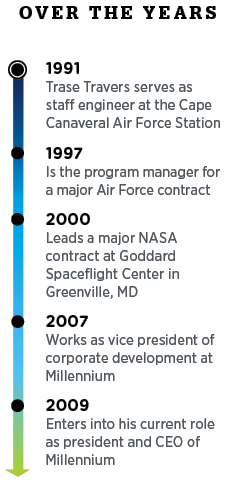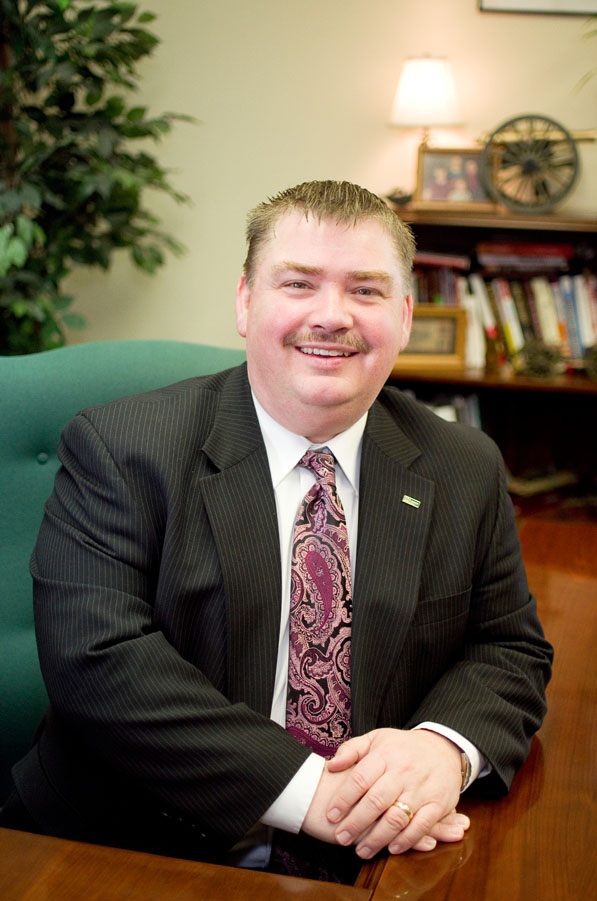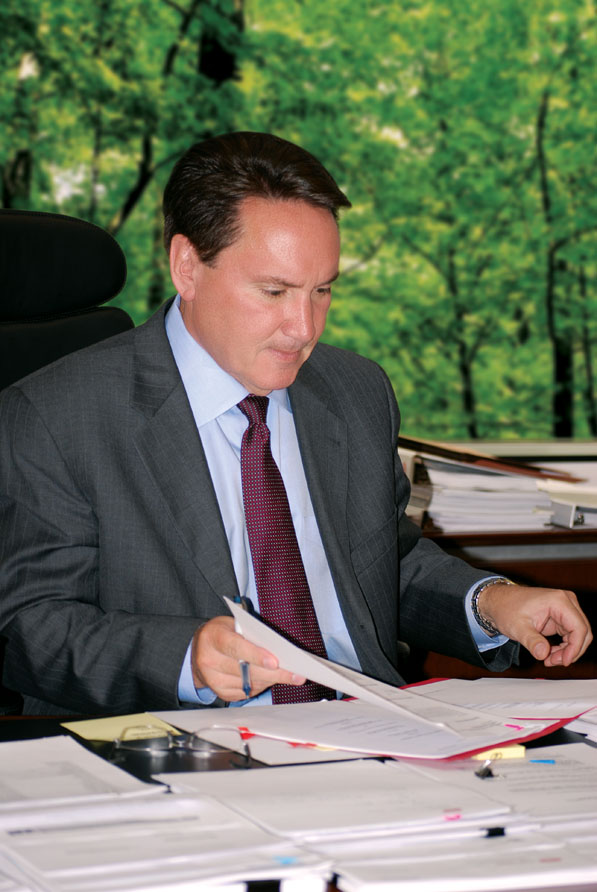Trase Travers has worked alongside astronauts at Kennedy Space Center and other NASA centers, and says that if he had the chance, he’d welcome a trip into space. Until then, Travers keeps his feet on the ground as president and CEO of Millennium Engineering and Integration Company (MEI), which is headquartered in Arlington, Virginia. Travers leads a staff of scientists, engineers, and professionals who are expanding the capabilities of today’s national defense and space-exploration systems. In 2011, Millennium was integral in the successful preparation and launch of the NASA and Air Force’s 45th Space Wing Mars Science Laboratory mission from Cape Canaveral, Florida. Recently, Travers took time from his busy schedule to share with Profile what it takes to stay competitive on the launch pad.
Can you describe Millennium’s role in the launch of the Mars Science Laboratory?
Millennium assisted in mission assurance and quality and safety engineering support to the spacecraft before and during the actual launch. We supported the space-lift side and made sure the public safety aspects of the launch operations were understood and managed. Those rockets and spacecraft can make a lot of noise and cause public risk. We do behind the scenes analysis and a lot of planning with the Air Force to ensure the operations are fully understood and the risks are fully managed. It includes hands-on witnessing of various operations, extensive engineering analysis of complex systems, and making sure everything goes as planned.
 Does Millennium have an industry niche?
Does Millennium have an industry niche?
Yes. MEI acts as a trusted adviser to the US government’s industry partners and provides expertise and know-how for complex systems like space programs. We handle problems that involve integration complexity. We gravitate toward the hardest problems out there. It’s the stuff that makes you want to wake up and get to work. It’s that kind of passion that attracts our team and helps build the culture of our company.
What’s a typical day like for you as president and CEO?
I involve myself in everything. I see my role as the guy that keeps all the cogs and wheels touching each other so the total machine is always in motion and gravitating toward these programs and complex problems. It requires a lot of teamwork and innovation. In our case, the culture is just as important. You need that culture that imparts the passion to make solutions occur. Looking outward, talking to our customers, looking at our technical challenges—it’s all important.
You work with rockets, but have you ever gone up in space?
I have never gone up in space, but I would love it. I worked with astronauts to prepare for missions, and I helped prepare their spacecraft. These guys and gals are at the pointing end
of the spear. It’s exciting stuff.
What are some of the major industry challenges that MEI has to deal with?
It’s very competitive. The biggest challenge is the federal deficit; the government has a hard time funding research and development when there’s so much of a demand elsewhere. It’s frustrating from a business and personal perspective. Your funding sources start to dry up and it has an overall impact on our society—science, technology, our school systems—and that’s been a challenge watching the funding and focus dry.
What plans do you have for the company’s future?
We’ve had great success in diversifying and finding new customers, many in the government domain. We’re expanding into Air Force and “intelligent space,” so that we get more irons in the fire. We’re taking that diversification another step—as a transferring agent between other domains like health care and energy—and we are exploring taking some of our modeling and simulation skills and transferring them to medical and biomedical devices. It’s fun.
What is the company’s proudest achievement?
We recently won a contract with the US Air Force in an area that required a lot of thoughtful innovation, attempting to change the whole paradigm of how our country achieves on-orbit space capability. We were David against Goliath—competing against the big boys. We’re well under a thousand employees. We beat out the behemoth companies. That is something that symbolizes what our company can do in terms of culture, teamwork, and innovation.
Can you discuss the benefits of an employee-owned company?
It’s a no-brainer. Allowing our employees to share in the growth of our enterprise value via equity has a big impact on their attitudes and passion. They reward us with a higher degree of morale, performance, and a greater ability to attract and retain the best and brightest in their field. They’re owners of this company. They’re my bosses.

